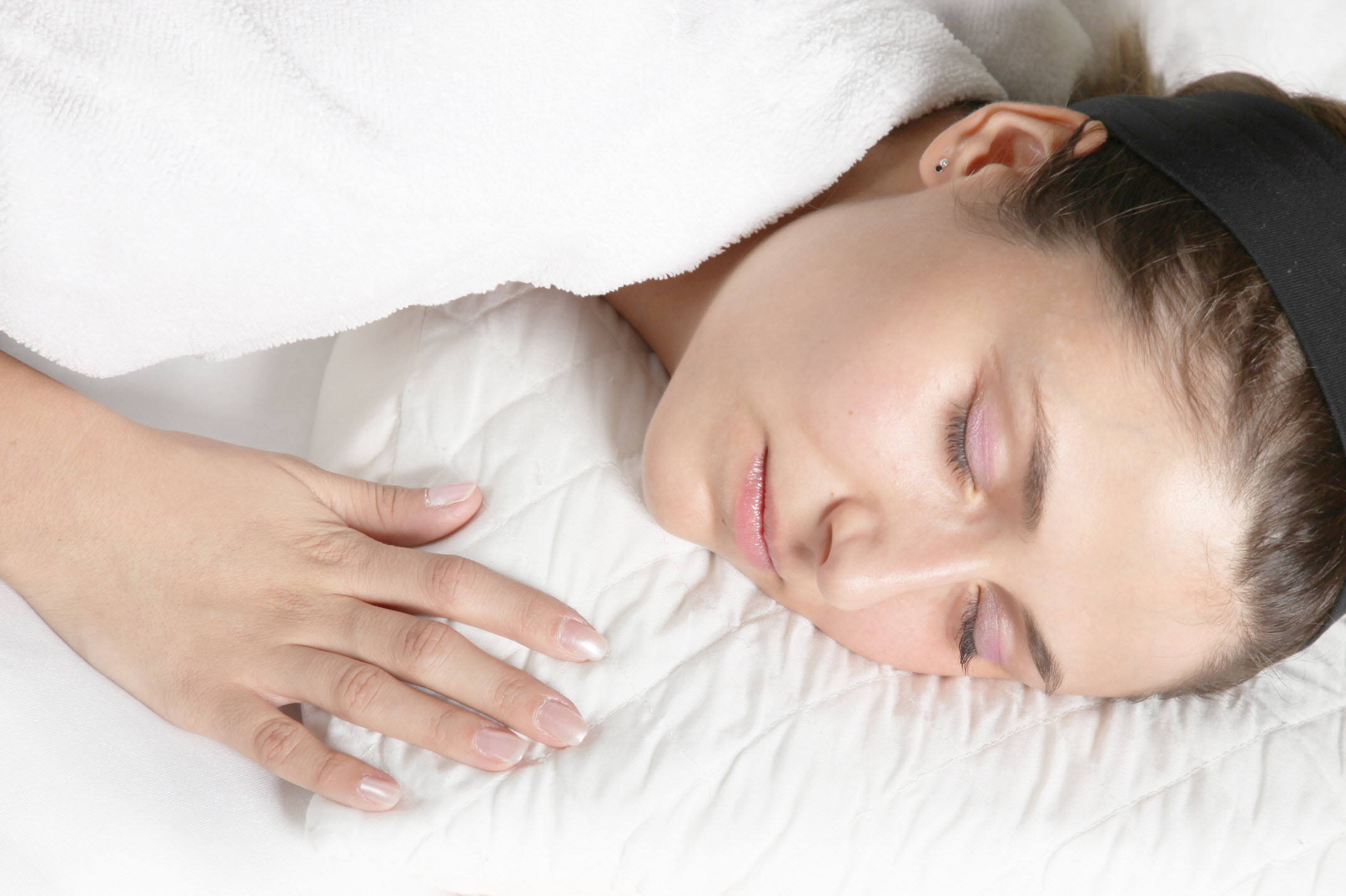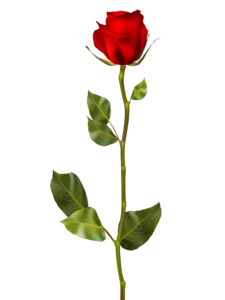Preparing to Hibernate

Let’s define hibernation: It is the natural process of slowing down, preparing for and entering, a time of rest, replenishment, regrowth and renewal. The whole of nature does it and human beings are a part of nature! So sit up, breathe deeply and prepare…
Some animals and plants spend the winter in a dormant state. Grizzly bears, for example, gorge themselves on food to prepare for hibernation, or a deep state of sleep. It is characterised by minimal activity and a metabolic slump undergone by some animal species. It is identified by low body temperature, slow breathing and heart rate and low metabolic rate.
Humans have veered far away from this natural process, but we can still apply some healthy body, mind and soul self-care habits to include some slowing-down time into our busy lives.
Ideas for warmth, comfort, prepping for cozy cocooning.
- Soup ’n sherry or glühwein time in front of a warm fire or heater, snuggled under a colourful blanket. Great for some more family and friend time together.
- Healing, hot soups and stews to warm the cockles of your heart and support your immune system
- Cheese fondue with wholewheat or rye bread cut in blocks, sharing with family and friends
- Time for more reading, taking up painting, drawing, or poetry writing and journaling during longer periods spent indoors, contemplating new pathways on your winding journey through life.
- Regular shimmy shakes to warm up your whole body and improve blood circulation. Dancing to music that moves and shakes you, works well for me.
Symbolism of hibernation for humans
The symbolism of winter is more than just the coming cold season. Winter is a time that symbolises deeper spiritual meanings, the search for rest and reflection during the season.
Winter is associated with its own set of unique joys during the cold months. Walking among leafless trees, ice skating on frozen ponds, the crisp crunch of snow underfoot in some areas of South Africa (plan a trip to a winter wonderland break) and the tranquillity of a snow-covered landscape, each telling a tale of winter’s magic. The quiet beauty of snow falling and the cozy feeling of sipping hot toddies, cacao or winter tea by the fire, make it a time to enjoy.
Winter can also encourage us to slow down and appreciate the calm. As the world gets quieter, it’s a good time to reflect about life for a while and to rest, like the trees and seeds waiting for spring. Winter reminds us to take a break and prepare for what comes next.

Written by singer songwriter Amanda McBroom and popularised by Bette Midler
‘Some say love, it is a river
That drowns the tender reed
Some say love, it is a razor
That leaves your soul to bleed
Some say love, it is a hunger
An endless aching need
I say love, it is a flower
And you, its only seed
It’s the heart, afraid of breaking
That never learns to dance
It’s the dream, afraid of waking
That never takes the chance
It’s the one who won’t be taken
Who cannot seem to give
And the soul, afraid of dying
That never learns to live
When the night has been too lonely
And the road has been too long
And you think that love is only
For the lucky and the strong
Just remember in the winter
Far beneath the bitter snows
Lies the seed that with the sun’s love
In the spring becomes the rose
Meanings of winter rest and endings.
Across various cultures, the winter season represents different factors, from the changing seasons to a symbol of death and closure.
Autumn is a time of preparing to go within. As nature is bound to do… dormant, to burst forth in new growth once spring arrives.
It is a conscious choice requiring some self-awareness to go within, to follow the rhythm of nature, reconnecting with your natural biorhythms.
Some prompts for you to reflect on:
What do you yearn to achieve from this time of introspection?
Leaves falling are not a sign of death, but of continuing life and renewal. This time is not death of your energy, but essential resting to build new courage, tackle new challenges, discover new and different solutions to old problems… enhanced, targeted energy and focus.
Carl Jung identified four developmental stages of life: Birth, childhood, youth, middle life and old age. I’ve added a stage before old age, though: The stage of maturing into a wise, youthful living human being 😊. Like the life cycle of the butterfly, we are also on our own journey of transformation, as analogous to the sun’s journey through the sky, with its brightness representing consciousness.
Jung further described in this way: Infant to teenager: During this stage, we are mostly preoccupied with our looks, with the way our body looks and works.
Young adult, lasting often for many years: During this stage, we are preoccupied with looks, fashion, competition and winning.
Adult: During this stage, we are preoccupied with our career and making a name for ourselves. The Stage of the Spirit, of maturing into wisdom age (the long wintertime of our lives): During this stage, we are preoccupied with spiritual matters and the meaning of life.
And back to the body we go
SUPPORTING YOUR IMMUNE AND RESPIRATORY SYSTEMS DURING WINTER
Because the symptoms of the common cold are caused by more than 200 different rhinoviruses (rhin = nose), the development of a vaccine for the common cold isn’t practical. By supporting your immune and respiratory systems, you will be able to prevent colds, flu and allergies. After all, your body’s natural state is to be healthy! To minimise the spread of colds and flu, people should try to keep their immune defences optimal and limit their exposure to pathogenic organisms.
PREVENTION IS THE BEST CURE
Cold and flu viruses can be transmitted in the following ways: Touching respiratory secretions on a person’s skin (when shaking hands, for example) or environmental surfaces (such as doorknobs, kitchen counters, wash basins or handrails) and then touching the eyes, nose or mouth; also by inhaling infectious particles in the air (from a cough or sneeze).
The best way to break the chain of infection is by frequent hand washing and not touching the nose, eyes or mouth and wearing a mask whenever you feel a threatening sniffle, in consideration to others.
The inner, mucous lining of the respiratory tract is the body’s first line of defence against cold and flu viruses. Drink lots of natural probiotics and fluids, prevent air from drying out by using humidifiers, take a natural food state comprehensive antioxidant of high quality and in sufficient quantities to protect these delicate membranes, while supporting your immune system.
IMPROVE AND MAINTAIN THE OPTIMAL FUNCTIONING OF YOUR IMMUNE SYSTEM:
Increase your intake of antioxidants containing vitamins A and mixed carotenes, C, D, E and selenium and bioflavonoids. Add a calcium and magnesium balance combo in correct quantities and ratio. Eat lots of fresh fruit, including kiwi, and vegetables, drink plenty of water (250ml for every 10kg in body weight) and a glass of freshly squeezed orange or other citrus juice every day, and take an antioxidant food supplement combination throughout winter and all seasons.
Control your stress levels with daily relaxation techniques, do regular moderate exercise (strenuous exercise exhausts your immune system) and listen to your body by taking a break when you’re feeling under the weather.
Avoid crowded, dry, smoky, hot places. Your environment can increase your chances of getting colds or flu, so beware. Turn off the air conditioners and heaters to allow the air to humidify them, or always keep a bowl of water near them. Dry air and smoke irritate your mucous membranes and this may lead to catarrh (runny nose, phlegm becoming yellow or green).
AUTUMN PREP FOR WINTER RESCUE
Many of us get a feeling of impending doom as winter approaches. Here are a few well-known, proven and trusted natural remedies to help you prevent and control colds and flu!
Stay in bed for a few days. You will recover a lot sooner. Listen to your body and rest a while. Your immune system is exhausted, too tired to fight the foreign invaders, all because of your hectic lifestyle. So take a break and relax. Don’t exercise while you’re sick and during the recovery phase – it might strain your heart and lungs. Your body is fighting a viral war, so help it!
Drink lots of fluids and filtered water, fresh fruit and vegetable juice or soup, with some chicken broth for tender love and nourishment!
Put some eucalyptus or peppermint oil in boiling water in a bowl, put a towel over your head and inhale the steam. This will loosen the phlegm, hydrate the mucosal lining of the airways, while disinfecting the environment. Other aromatherapy oils to try are lavender, grapefruit, rosemary and tea tree oil (put a few drops in a burner, or in the bath, or use in a carrier oil for a soothing back and shoulder massage).
Increase your intake of your antioxidants combinations
Immune supporters. Herbs like echinacea, garlic, chickweed, licorice root and golden seal are excellent immune supporters. Ashwagandha and ginseng improve general immunity and, as adaptogens, also support the body during stressful times. There are three different herbs commonly called ginseng: Asian or Korean ginseng (Panax ginseng), American ginseng (Panax quinquefolius) and Siberian ‘ginseng’ (Eleutherococcus senticosus)..
Other herbs used in the natural treatment of colds and flu are astragalus, lime blossom, sage, elder flower, thyme and liquorice root. Include turmeric which contains curcumin, which has a strong antiviral and anti-inflammatory effect.
Wild cherry bark is often used to treat an irritating, persistent cough that keeps you awake at night. It is also good for people who suffer from chronic bronchitis and for whooping cough.
Quercetin, one of the bioflavonoids, accelerates the recovery of the mucosa after infection. It also has an anti-inflammatory, antihistamine, decongestant and antiviral effect.
Try zinc lozenges to soothe a sore throat and zinc nasal spray for a runny nose. Make tea with fresh or dried sage leaves simmered in boiling water, with a teaspoon of honey, for a sore throat. You can also gargle with sage tea.
Don’t use antibiotics at the first sign of a cold. If you take antibiotics for every respiratory tract infection or problem, you will soon end up with a vicious circle of lowered resistance and re-infection. Upper respiratory tract infections are often a sign that you’re overdoing things. Don’t insist on antibiotics and antihistamines. Rather take a few days’ leave and give your body a chance to recover. Keep the antibiotics for serious, persistent and life-threatening bacterial infections and they will be much more effective.
Antibiotic abuse has become a very serious problem, leading to increasing resistance in disease-causing bacteria that may render antibiotics ineffective for certain life-threatening conditions in immune compromised patients (Aids, after surgery, organ transplant patients, patients on chemo- or radiotherapy). Your abuse of antibiotics has an effect on the whole community!
Not: These guidelines should not be seen as an attempt to replace medical advice. If natural remedies and supplements do not improve the condition within three days, if you are worried about anything, if the condition gets worse, the temperature remains high, there’s neck stiffness, serious headache, or the condition develops into sinusitis, bronchitis or pneumonia, consult your doctor at once. An acute asthma attack, croup, and pneumonia (infection of the lungs) are perfect examples of diseases where western medicine and technology can be utilised to best advantage to save lives.
Try this recipe for immediate relief of colds, flu, thickened mucous, post nasal drip and sinusitis.

Exercise
Mix together a pinch of ginger, cinnamon, mustard, cayenne pepper (optional) and turmeric with a fresh clove of garlic (optional), a little lemon juice and honey in hot water – it makes for a delightful spicy drink. (You might even add a tot of brandy!). Add a pinch of sage and thyme if the mucous is yellow or green. Drink this regularly until you feel better.
Recipe from: Health & Happiness (Ariani Health Solutions 2023); written by Dr Arien van der Merwe.
More reader info www.ArianiHealth.com


Dr Arien van der Merwe
Medical doctor, author & holistic health counsellor
Dr Arien van der Merwe is a medical doctor, author and holistic health counsellor. She developed and presents continued professional development training through VideoLearn and Synergetica CPD Courses on Mental Health in Challenging Uncertain Times; Heart Health; Inflammation both Friend and Foe and Neuroplasticity.
Dr Arien teaches group and individual meditation and relaxation classes, as well as health coaching online (WhatsApp video consultations) and at her rooms in Pretoria. More info: https://www.DrArien.co.za
Dr Arien van der Merwe is a medical doctor, author and holistic health counsellor. She developed and presents continued professional development training through VideoLearn and Synergetica CPD Courses on Mental Health in Challenging Uncertain Times; Heart Health; Inflammation both Friend and Foe and Neuroplasticity. These online CPD Courses explore ways to support both ourselves, our nearest and dearest, as well as our clients/patients.
Dr Arien is the author of Stress Solutions, the ‘Relax & Unwind’ relaxation CD as well as the books Health & Happiness, Managing Diabetes and Metabolic Syndrome and Herbal Remedies. Dr Arien teaches group and individual meditation and relaxation classes, as well as health coaching online (WhatsApp video consultations) and at her rooms in Pretoria.
